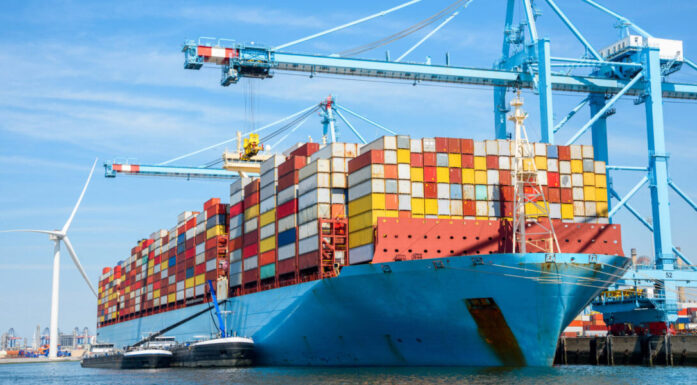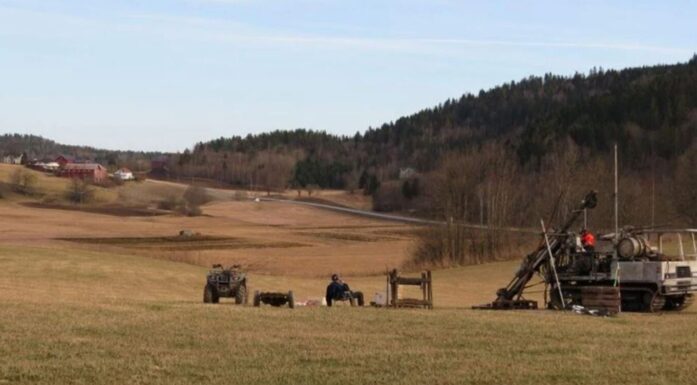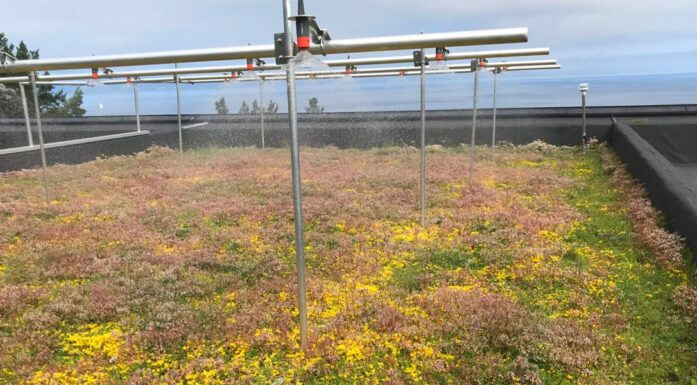“Urban mining” technology nominated for research prize
New technology will be used to recycle rare and valuable metals from waste materials such as electronic scrap and foundry slag. The process is profitable and may help to reduce environmentally harmful mining operations. The method is now in the final for the EU-research prize “Best early stage innovation 2018.”
The project is called PLATIRUS and its aim is to help reduce the European shortage of valuable noble metals, also known as PGMs.
PGM is an abbreviation for the Platinum Group Metals, which include iridium, platinum and palladium. Currently, these metals are vital components in many applications, not least in catalytic converters for cars, and are also used in electronic devices and jewellery.
Recycling better than mining
Europe has the highest levels of consumption of these metals worldwide, with an annual demand of 40 tonnes. The current shortfall is 20 tonnes. It is also anticipated that consumption will increase due to increasingly stringent vehicle emissions reduction regulations. To date, these metals are the only materials that meet the functional requirements for catalytic converters.
Mining them is costly and, in many situations, harmful to the environment. As a result, researchers believe that recycling is better than mining. Their aim is to scale up the current recycling process to industrial levels. This can be achieved by developing a technology that enables the cost-effective and miniaturised recovery of these metals.
Their approach is both eco-friendly and fits well with the progressive idea of adopting a circular economy for key raw materials.
Industry and research together
For the first time, five of the major research centres in Europe are working together to develop the most advanced PGM recovery process. Meanwhile, a consultant company will conduct a Life Cycle Analysis (LCA) for the entire recycling process. SINTEF is participating in the project as a Norwegian partner.
“As well as coordinating research linked to the recovery technology, SINTEF researchers will be developing entirely new recycling methods based on laboratory-scale high-temperature electrolysis”, explains SINTEF researcher Ana Maria Martinez.
The project has received funding from the EU’s innovation and research programme Horizon 2020 (under GA no. 730224), and involves a total of 12 industry and research partners.
Read more about the project on the SINTEF website





